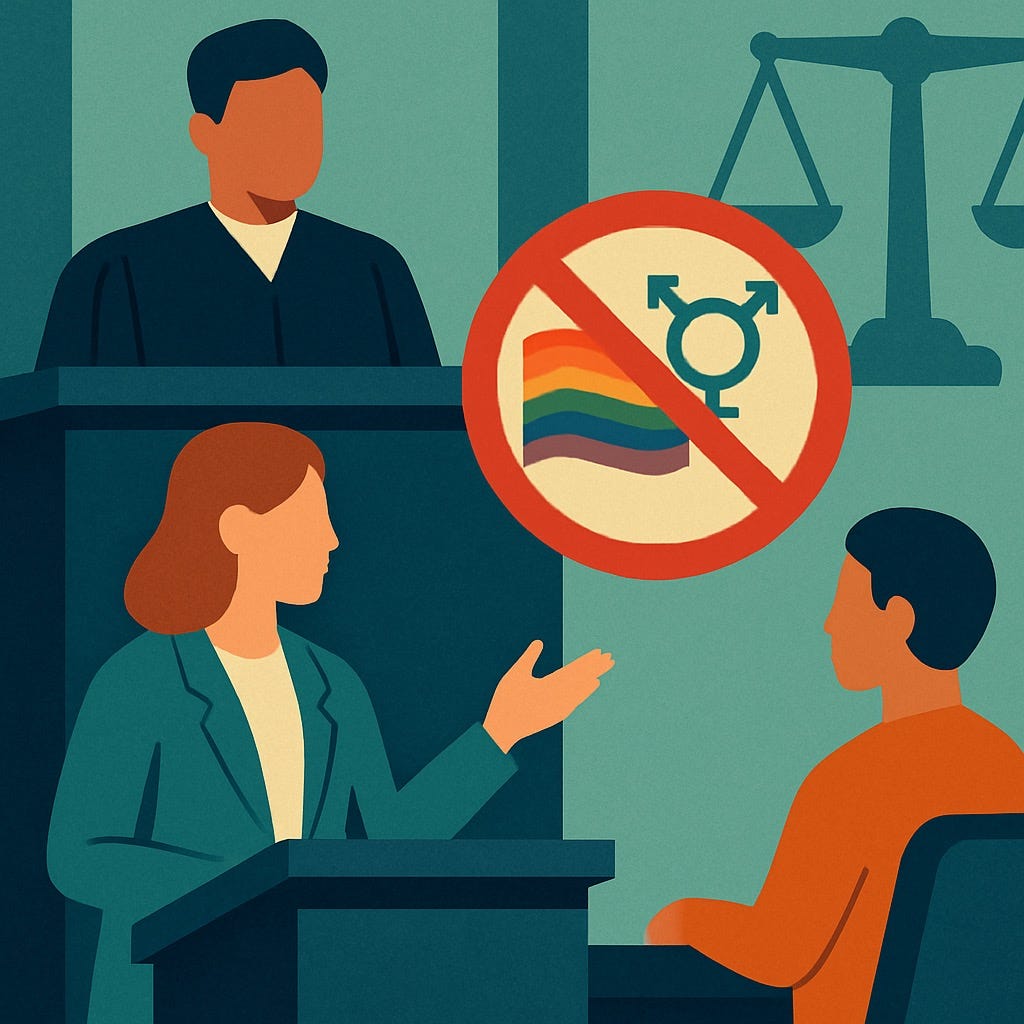Justices question whether the law censors voluntary counseling protected by the First Amendment.
The U.S. Supreme Court heard oral arguments on October 7, 2025, in Chiles v. Salazar (No. 24-539), a case challenging Colorado’s prohibition on licensed therapists providing “conversion therapy” to minors. Counselor Kaley Chiles argues that the law violates the First Amendment by barring her from offering voluntary talk-based counseling to minors who seek to reduce same-sex attraction or reconcile gender identity with biological sex.
The dispute centers on whether Colorado’s ban regulates professional conduct or restricts protected speech. Chiles’ attorney, James A. Campbell, said the state “prophylactically bans voluntary conversations” and “censors widely held views on debated moral, religious, and scientific questions.” He argued that the law “allows only one side of a debate to be heard in counseling sessions” because therapists may affirm a child’s chosen identity but may not help that child pursue a different goal.
Campbell warned that this approach “turns counselors into mouthpieces for the government.” He told the Court that Colorado “has not cited a study focusing on what’s at issue here: voluntary speech between a licensed professional and a minor.”
Justice Sonia Sotomayor questioned whether Chiles faced an “imminent and credible threat of prosecution,” noting that Colorado had not enforced the statute in six years. Campbell replied that anonymous complaints had recently been filed and were under investigation, showing “there is a credible threat of enforcement.”
Practices similar to conversion therapy also came up during questioning. Justice Sotomayor asked if Chiles engaged in “aversion therapy, which is encouraging them to vomit, encouraging them to go into electric shock treatment.” Campbell answered, “No. Ms. Chiles does not do any of that. All she does is speech in her counseling.” He said her work involves “a discussion where her and the clients explore concepts of identity, behavior, and attraction.”
Hashim M. Mooppan, Principal Deputy Solicitor General representing the United States in support of Chiles, told the Court that Colorado’s law “restricts speech based on content and viewpoint.” He added that “there is no separate non-speech conduct being regulated here” and that “professional medical treatment is not exempt from the ordinary First Amendment rule.”
Colorado Solicitor General Shannon W. Stevenson defended the law, saying it “prohibits therapists from performing a treatment that seeks the predetermined outcome of changing a minor’s sexual orientation or gender identity because the treatment is unsafe and ineffective.” She said the statute does not restrict general discussion but prevents the use of “therapy practices that seek predetermined results.”
Justice Neil Gorsuch asked whether a therapist could “counsel a child to affirm a gender identity” but not “counsel a child who wants help realigning identity with biological sex.” Campbell answered that under Colorado’s reading, “only affirming speech is permitted.”
The Court’s decision will determine whether states may bar professional counseling that conflicts with their public policy on sexuality and gender identity. A ruling is expected by June 2026.
Commentary
The oral arguments revealed deep concern about whether Colorado’s law allows only one viewpoint. The petitioner and the United States argued that the statute permits therapists to affirm a client’s gender identity but forbids counseling that questions it. If correct, the law creates a one-way conversation, where the state decides which goals are acceptable. That question is at the core of the First Amendment debate.
The justices explored whether regulating counseling as treatment gives states the power to silence certain opinions. The government can prohibit harmful conduct, but when it allows speech only in one direction, it risks endorsing a particular ideology. The Court has previously held that professional speech is protected expression. Colorado’s defense that it is merely regulating treatment faces the challenge that talk therapy involves only words, not medical procedures.
If the Court rules for Chiles, it will affirm that viewpoint neutrality applies even in licensed professions. If it rules for Colorado, states will have wider power to define which professional opinions are permissible. The result will likely shape how governments regulate speech within counseling, medicine, and other fields where conversation itself is the method of treatment.
Link to Oral Argument Audio and Transcript:
https://www.supremecourt.gov/oral_arguments/audio/2025/24-539
Tags: Supreme Court, Colorado, Conversion Therapy, First Amendment, LGBTQ Youth


